Table of Contents
Reflexive Pronouns:
Pronouns that are formed by adding ‘self’ or ‘selves’ to the personal pronouns are called Reflexive Pronouns; as,
| Singular | Plural |
|---|---|
| myself | ourselves |
| yourself | yourselves |
| himself, herself, itself | themselves |
(I) A Reflexive Pronoun shows that the doer is both the subject and the object of an action; as,
- She killed herself.
- They enjoyed themselves.
- We overlloked ourselves.
(II) Reflexive Pronouns are also used as objects of prepositions; as,
- She is angry with herself.
- I told him something about myself.
(III) Reflexive Pronouns are also used to emphasise the doer; as,
- He himself did it.
- They themselves confessed their fault.
- I myself did the sum unaided.
Note 1: When the doer is emphasized, Reflexive Pronoun immediately follows the subject; as, The lady herself committed suicide.
Note 2: A reflexive Pronoun is never used by itself as the subject of the sentences; as,
| Incorrect | Correct |
|---|---|
| She and myself went out together. | She and I went out together. |
Demonstrative Pronouns:
A Demonstrative Pronoun points out the noun going before it and is used for it; as,
- This is my book and that is yours.
- My books are better than those of Sohan.
- Joy and sorrow come to all; this (sorrow) we hate but that (joy) we welcome.
- Rashid and Rahim quarrelled; the latter (Rahim) gave a blow to the former (Rashid).
- He is a fool. Is he so (a fool)?
- He is an intelligent student and as such (an intelligent student) he deserves a prize.
- If you have no box, I will send you one (box).
- This book is not the same as that (book).
When a Demonstrative Pronoun is followed by a Noun it becomes a Demonstrative Adjective; as,
| Demonstrative Pronouns | Demonstrative Adjectives |
|---|---|
| This is his pen. | This pen is his. |
| These are good boys. | These boys are good. |
Some Common Mistakes with Demonstrative Pronouns:
| Incorrect | Correct |
|---|---|
| My book is better than Sohan. | My book is better than that of Sohan. or My book is better than Sohan’s. |
| My books are better than Sohan. | My books are better than those of Sohan. |
| The climate of Jammu is different from Kashmir. | The climate of Jammu is different from that of Kashmir. |
| Your appearance is like your father. | Your appearance is like that of your father. or Your appearance is like your father’s. |
| The name of Pt. Nehru is better known than any politician. | The name of Pt. Nehru is better known than that of any other politician. |
Interrogative Pronouns:
Mark the following sentences:
- Who is he?
- Whose pencil is it?
- Whom do you like as a friend?
In sentences given above ‘who‘, ‘whose‘ and ‘whom‘ are used for asking questions. Such pronouns are called Interrogative Pronouns.
Who applies to persons about whom the speaker knows nothing.
Which is used for both persons and things, but refers to one or more out of a known number.
Which of the boys got prizes? (person)
Which of the toys you wish to buy? (things)
What is he? (refers to his profession)
Note 1:
- Who, whom and whose are used for asking questions about persons.
- What is used for asking questions about things.
- Which is used for asking a question about the particular person or things; as,
- Which is the topmost boy of the class? (Person)
- Which is the best pen? (Thing)
Note: Many words that work as Pronouns can also be used as Adjectives when they precede nouns; as,
- Which is your house? (Interrogative Pronoun)
- Which house is yours? (Interrogative Adjective)
- What is the time by your watch? (Interrogative Pronoun)
- What time is by your watch? (Interrogative Adjective)
Some Common Mistakes with Interrogative Pronouns:
| Incorrect | Correct |
|---|---|
| Who are you looking for? | Whom are you looking for? |
| Whom these men are I cannot say. | Who these men are I cannot say. |
| Whom do you think is suitable for the job? | Who do you think is suitable for the job? |
| Who is there? Me. | Who is there? I. |
| Who do you talk of? | Whom do you talk of? |
| Tell me what is his name? | Tell me what his name is. |
| Tell us where does he live? | Tell us where he lives. |
| Tell me which is his book? | Tell me which his book is. |
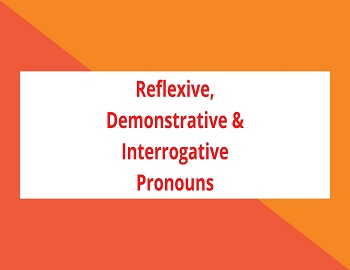
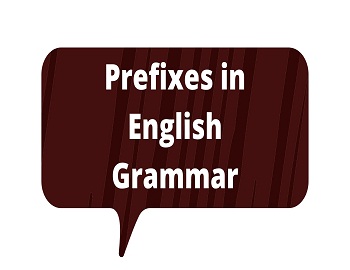
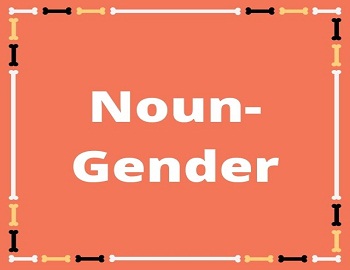
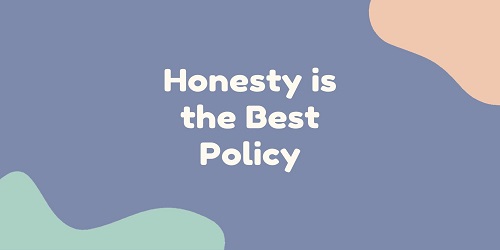
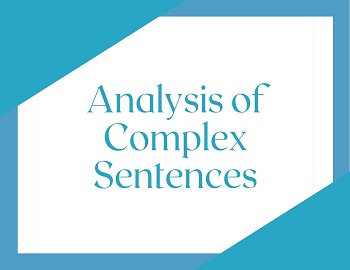
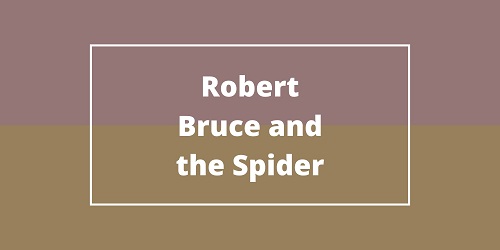
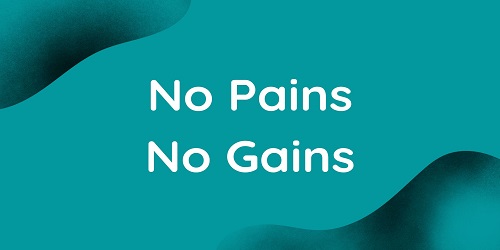
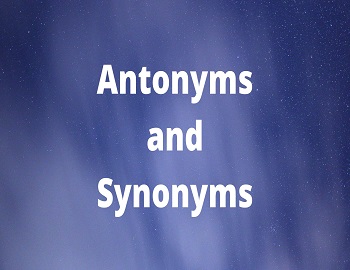

Comments (No)